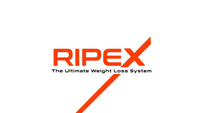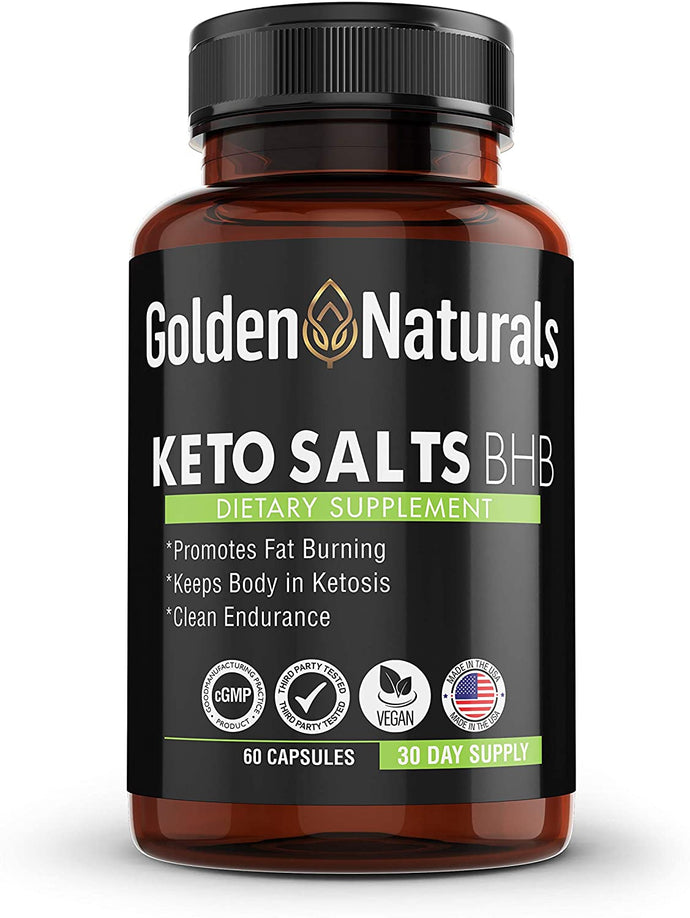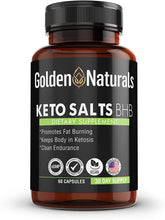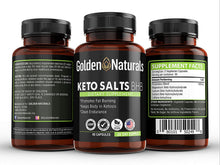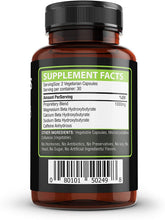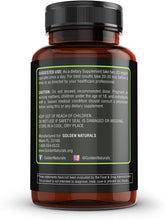Keto Salts BHB 1000mg, 60 Veggie Capsules
Regular price
$17.99
Sale
Keto Salts Vitamins (100 capsules)
Exogenous ketones (also known as ketone supplements) and well-formulated ketogenic diets share at least one thing in common. They both result in increased circulating concentrations of beta-hydroxybutyrate (BOHB), but ultimately are associated with very different patterns of ketosis, as well as differing metabolic and physiologic outcomes. In short, they should not be assumed to have equivalent effects simply because they achieve similar BOHB blood levels. Having said that, there are many reasons we should continue to study the various forms and potential applications of ketone supplements.
For the past few million years, the only way for humans to make use of ketones for fuel was to restrict carbohydrates low enough and long enough to induce the liver to make them. This is admittedly hard for many people to do in a world that still believes that dietary carbs are good and fats are bad. An emerging alternative is to consume ketones as a dietary supplement. The research into how these function in the body and what benefits they can confer remains early stage, but there are already a number of such products available for sale. In this section, we will discuss how exogenous ketones affect blood ketone levels, and how they may influence health and disease compared to ketones produced within the body.
The two predominant Keto Salts Vitamins made by the liver are beta-hydroxybutyrate (BOHB) and acetoacetate (AcAc). Here’s a brief summary of basic information regarding these ketones:
- It is estimated that a keto-adapted adult can make 150 or more grams of ketones daily after adapting to a total fast (Fery 1985), and perhaps 50-100 grams per day on a well-formulated ketogenic diet.
- Some AcAc naturally breaks down to form acetone, which comes out through the lungs and kidneys, giving a chemical odor to the breath when ketones are high.
- Much of the AcAc made in the liver is picked up by muscle and converted to BOHB.
- As part of the keto-adaptation process, how muscles and kidneys deal with BOHB and AcAc changes over the first few weeks and months, and thus the ratio of AcAc to BOHB in the blood changes considerably in the first week or two.
- While the ultimate fate of most ketones in the blood is to be burned for fuel, BOHB and AcAc appear to have differing roles in regulating genes and cellular functions.
- Particularly with gene regulation, BOHB seems to play a more significant regulatory role than AcAc, but AcAc may have a particular role in signaling muscle regeneration (Zou 2016).
Sources and Formulations of Exogenous Ketones
The two compounds commonly referred to as ‘ketone bodies’ (BOHB and AcAc) are produced and used for multiple purposes across nature from algae to mammals, but seldom in concentrations useful for extraction as human food. For this reason, the source of most exogenous ketones is chemical synthesis. Furthermore, most current research and use of ketone supplements focuses on BOHB. That is because AcAc is chemically unstable – it slowly breaks down to form acetone by releasing of one molecule of CO2.
In a keto-adapted individual where ketone metabolism is brisk with up to 100 grams or more being oxidized (i.e., ‘burned for energy’) daily, the small amount lost in breath and urine as acetone is minor. But because this breakdown occurs spontaneously without needing the help of enzymes, it also happens to AcAc in a stored beverage or food (even in an air-tight container), making the shelf-life of AcAc-containing products problematic. Thus all current ketone supplements consist of BOHB in some form rather than the naturally occurring mix of BOHB and AcAc produced by the liver.
Another important difference between endogenous and exogenous BOHB is that most synthetic BOHB used in dietary supplements is a mixture of the two ‘D’ and ‘L’ isomers, whereas endogenously produced BOHB consists of just the D-isomer. Metabolically, the two isomers are very different, and current published information indicates that most of the energy and signaling benefits of BOHB derive from the D-form. This is potentially problematic because the L-isomers are not metabolized via the same chemical pathways as the D-forms (Lincoln 1987, Stubbs 2017), and it remains unclear whether humans can convert the L-form to the D-form.
Thus, while the L-isomers do not appear to be toxic, they are not likely to impart the same benefits as the D-forms. In addition, the current assays for blood ketones are specific to the D-isomer, so it is difficult to track blood levels and clearance of any L-isomer taken in a supplement.
Keto Salts Vitamins (100 capsules)
